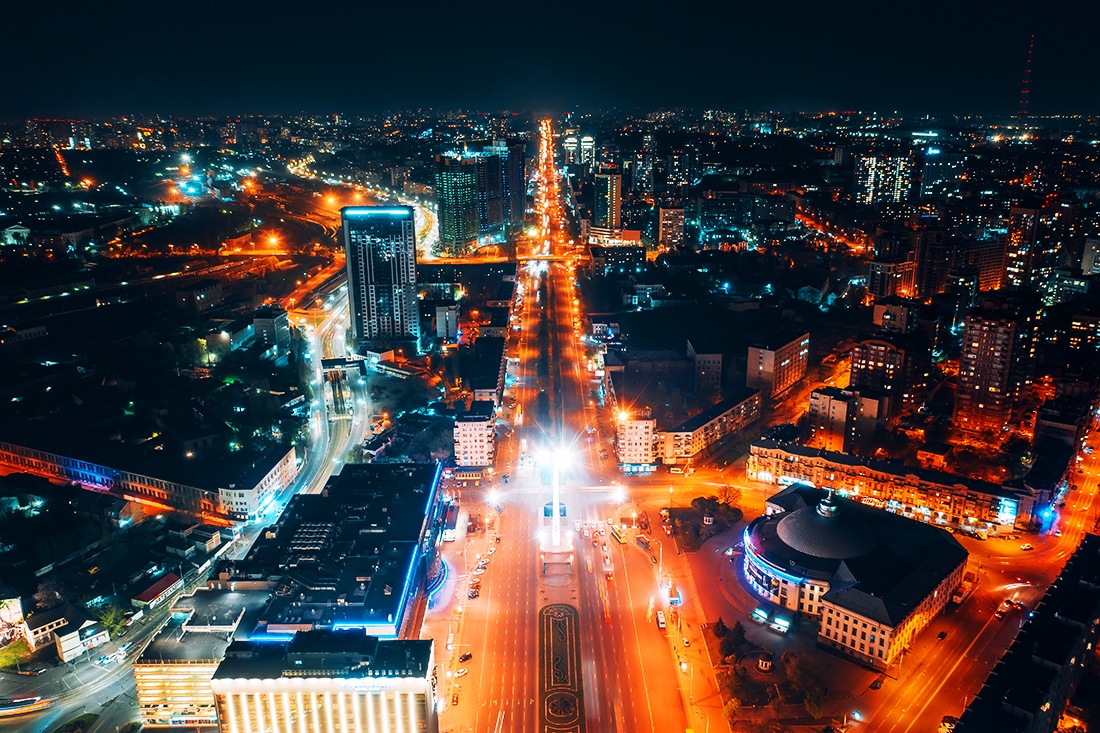In an era marked by unprecedented health challenges, the concept of prevention has emerged as an indispensable superpower in defending humanity against various threats. As we navigate the intricate landscape of global health, it becomes increasingly evident that empowering individuals, communities, and nations with the tools and knowledge to prevent diseases is key to building resilient healthcare systems. From immunizations to health education, prevention strategies hold immense potential to transform the course of public health worldwide.
I. The Triumphs of Immunization:
Immunization stands as one of the most remarkable achievements of modern medicine, saving countless lives and eradicating deadly diseases. By harnessing the power of vaccines, we have achieved tremendous victories against historic scourges such as smallpox and polio. However, the battle is far from over, as emerging and re-emerging diseases continue to test our collective resolve. Successful advocacy, education, and access to vaccines remain pivotal in safeguarding the most vulnerable populations from preventable infections.
II. Health Education: The Armor of Prevention:
Empowering individuals with knowledge is an essential strategy to combat health threats. Health education programs play a critical role in promoting healthier lifestyles, disease prevention, and early detection. By equipping people with information about risk factors, preventive measures, and the importance of regular check-ups, we enable them to become proactive custodians of their well-being. Moreover, this emphasis on health literacy cultivates a culture of prevention, fostering stronger community involvement in public health initiatives.
III. Nurturing Resilient Communities:
The power of prevention amplifies when it extends beyond just individuals and encompasses entire communities. Building robust healthcare ecosystems requires forging strong partnerships between local authorities, healthcare providers, and community members. By empowering communities to take ownership of their health, initiatives can be designed collaboratively, targeting specific challenges and addressing underlying social determinants of health. Mobilizing resources, fostering preventive care, and investing in social infrastructure establishes a solid foundation for sustained well-being at grassroots levels.
IV. Prevention as a Global Imperative:
The ongoing COVID-19 pandemic has underscored the urgency of global cooperation and the transformative potential of prevention in the face of an unprecedented threat. Public health systems that prioritize prevention boast substantial advantages in effectively managing and containing disease outbreaks. Investing in surveillance systems, early warning mechanisms, and rapid response protocols can mitigate the impact of future epidemics and save countless lives. The pandemic has reinvigorated the global commitment to prevention, emphasizing the value of preparedness and the imperative of strong public health infrastructure.
Conclusion:
The superpowers of prevention hold untapped potential to defend humanity against a plethora of health challenges, both known and yet to come. As high-level professional journalists, it is our duty to highlight the triumphs, pitfalls, and opportunities surrounding preventive strategies. By championing policies that promote immunization, health education, and community engagement, we can pave the way toward a future where preventable diseases are relegated to history. Empowering health through prevention is not just a noble idea; it is an urgent call to strengthen healthcare systems, save lives, and ensure a healthier and more resilient world for generations to come.

Deja una respuesta